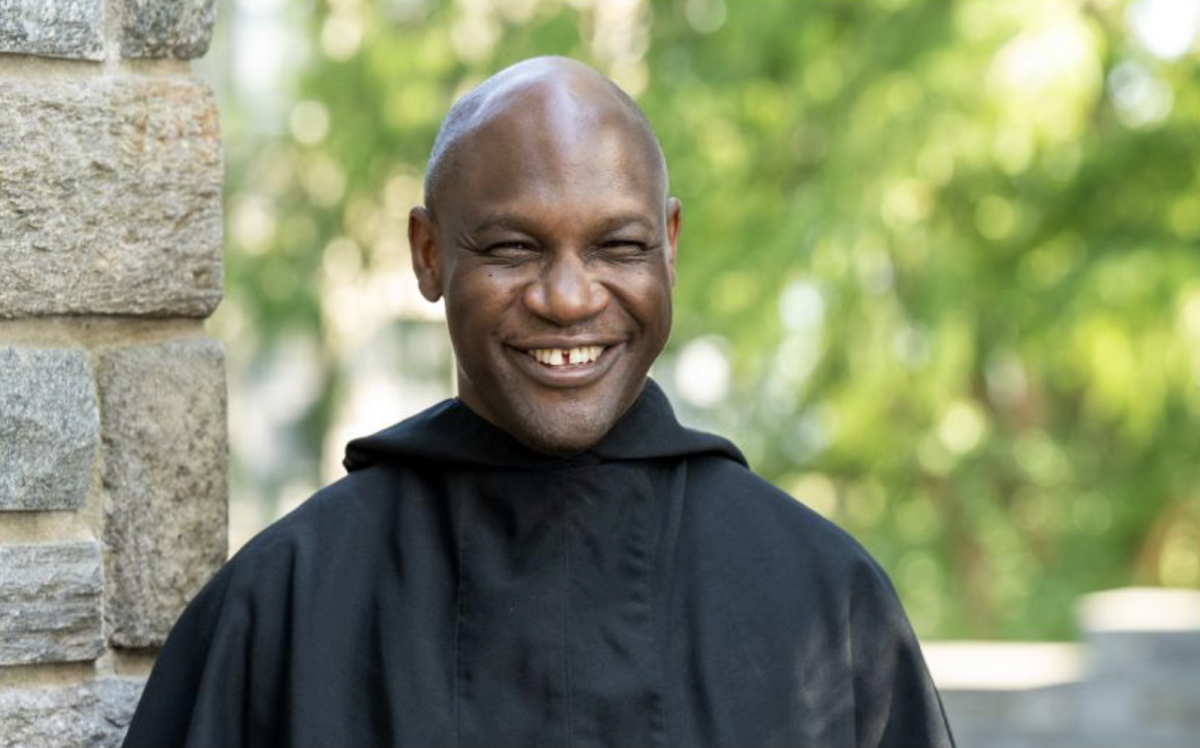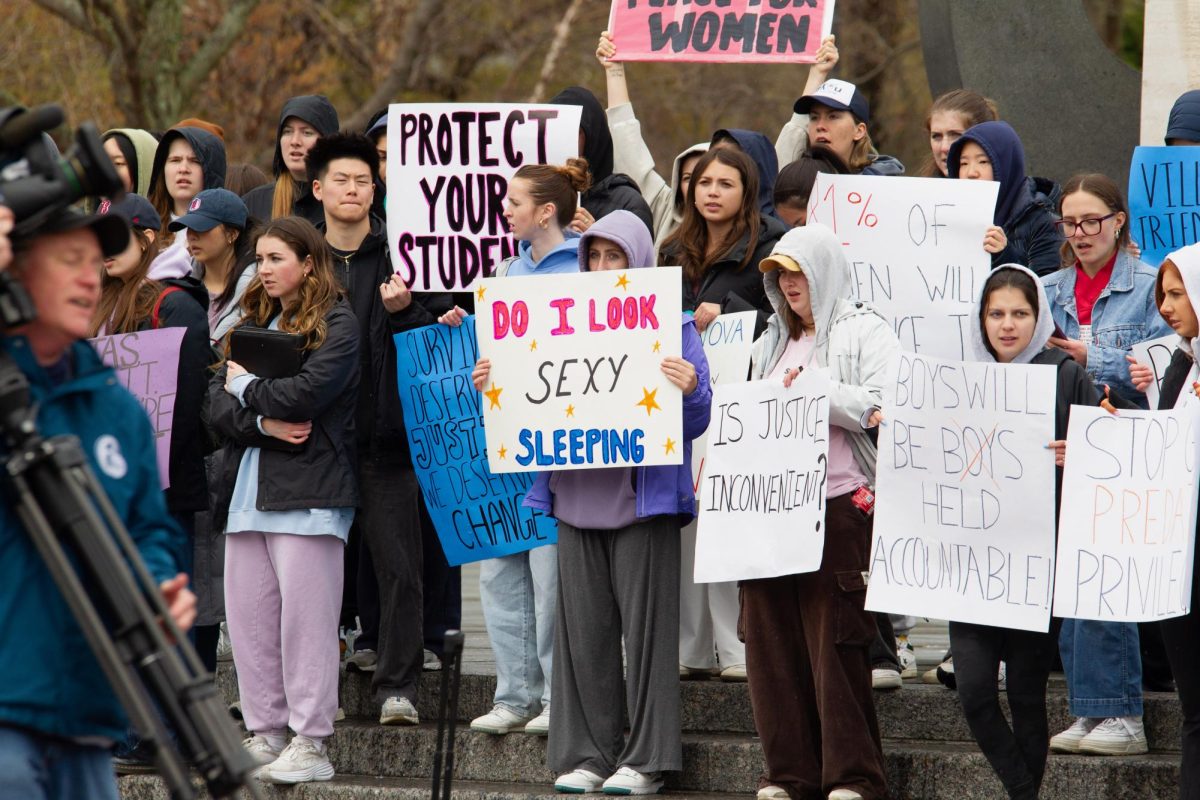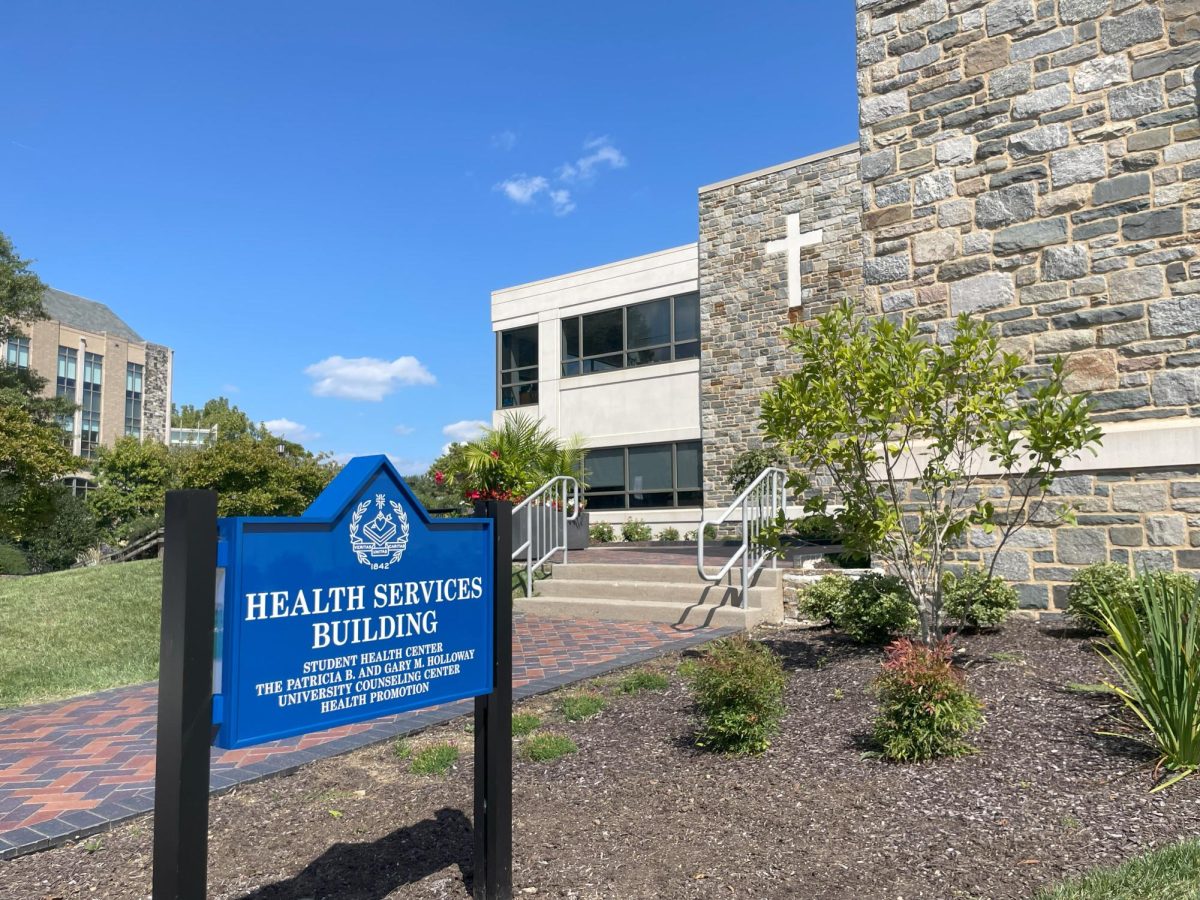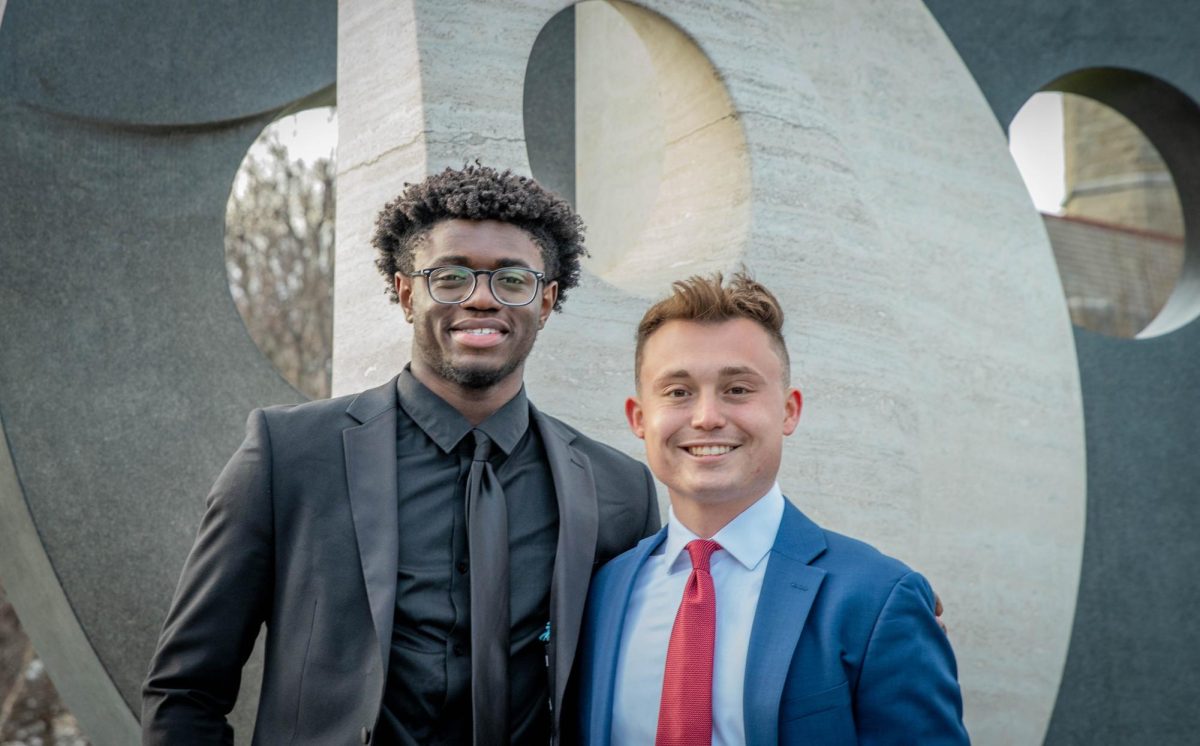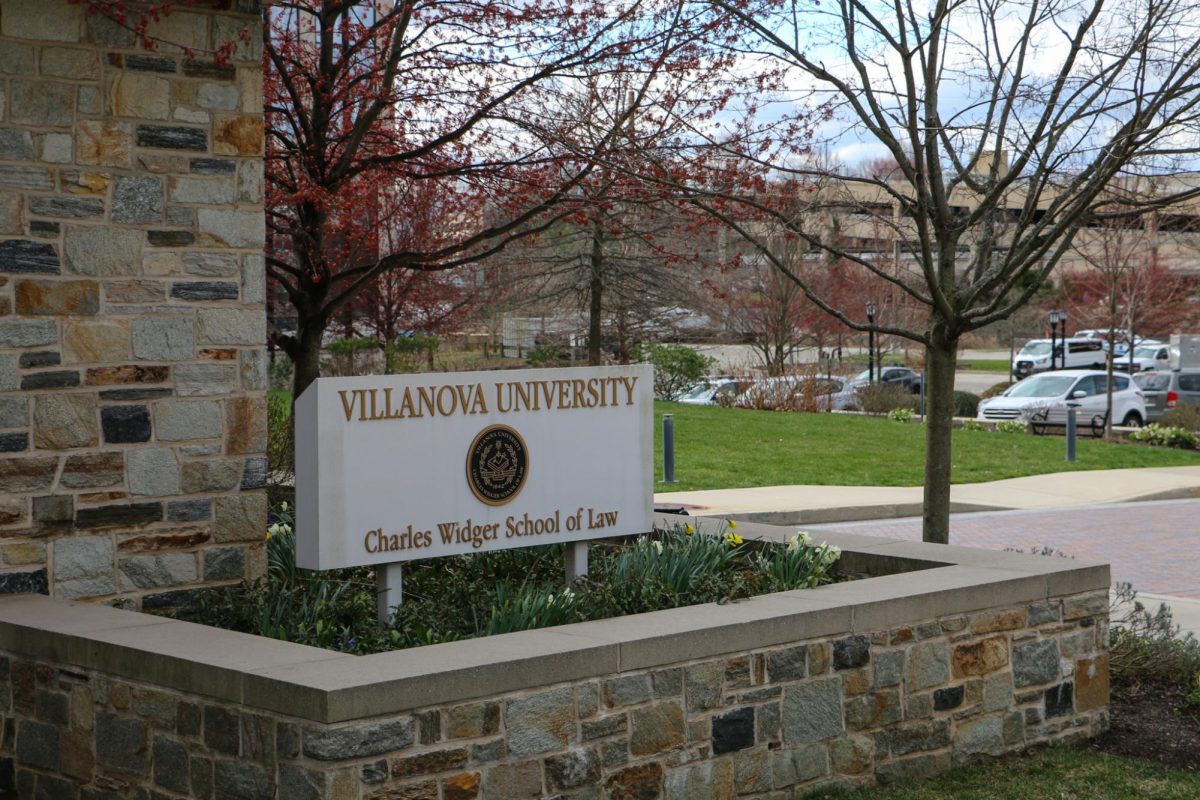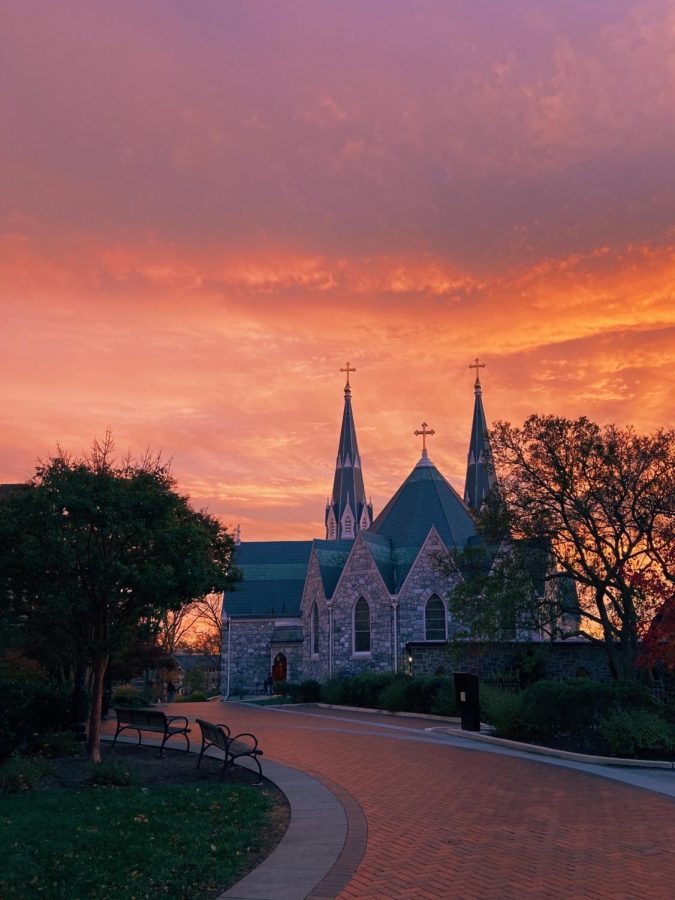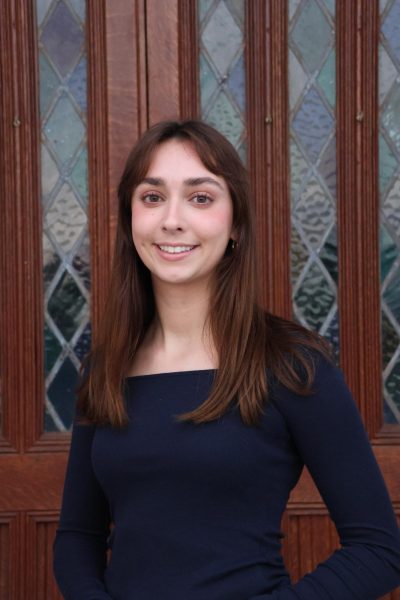Father John Abubakar has recently been named Villanova’s Chief Sustainability Officer. This role is presented by the Sustainability Leadership Council (SLC), whose intent is to achieve a 10-year actionable plan supporting comprehensive efforts to aid the planet and its inhabitants.
Fr. John, born in Nigeria, emphasizes the necessity of a global perspective as a part of the Roman Catholic parish run by the Order of St. Augustine. He has worked and studied in Nigeria, Rome, the UK and the U.S., making his scope of opinion an intricate piece of the University’s sustainability objective.
Working as the leader on a project with such a large impact, his goal is to “coordinate sustainability programs through Villanova,” while actively adding to the University’s 2020-2030 aspirations.
He explained that the plan is made up of roughly 18 goals. Of these, 17 come from the United Nations Sustainable Development Goals, detailing the urgency of unifying countries to defeat the prevalent environmental issues plaguing Earth. By tackling things such as climate change and conservation, it is important to recognize the need for balancing the three pillars of sustainability: environmental, social and economic. The interconnectedness of the three issues often troubles those in charge, as each pillar would otherwise be competing for focus. This would not create a sustainable life for humans and ecosystems because sustainability is more than just the development of environmental policy.
Villanova has taken it upon itself, with the help of Fr. John, to add a goal intersecting sustainability and academics. Ecological education has become a greater focus of teaching and scholarship. In making this a priority, Villanova encourages sustainable integration for the common good.
“We often hear about zero waste, decarbonization, transition into renewable sources of energy,” Fr. John said. “I mean, they are correct, but that is not the whole story. We have that component as something we are concerned about at Villanova, but we also have the human dimension, taking a more holistic approach to sustainability.”
He hopes that this initiative will bring a perspective that is more global in nature; creating change that not only affects Villanova, but surrounding neighborhoods, cities and the world.
“I grew up in Nigeria, stayed a bit in Europe and then I’m now in North America,” Fr. John said. “Every part of the world has its particular strengths and weaknesses, so I am hoping to bring in a more global perspective to how sustainability is practiced in terms of policy and relations in Villanova. I often emphasize bringing in a more qualitative dimension. I looked at the plan, it is very heavy in terms of quantitative data, so I hope that my team will be able to add some human dimension.”
The uniqueness of his approach is inspirational, creating an emotionally motivated environmental action plan. For a world that often holds a pessimistic view about the environmental future, Fr. John does not want us to shy away from creating substantial change and having a positive outlook on the upcoming years.
Fr. John is delighted with the conversations the University is having surrounding the production of viable sustainability goals that not only impact our environmental issues, but also influence social justice.
“It is quite exciting…the uniqueness of the plan,” Fr. John said. “Which is something that has not gone through the plans of many institutions of higher education and the private sector, as we are trying to build an ethos of sustainability. Most plans are concerned with carving out projects, but we care about ethos [ethos coming from Greek and meaning ethics]. It is my value system and my way of thinking that affects my internal motivation.”
Fr. John will be promoting sustainability engagement through educational opportunities and guidance on operations. Creating real change is not an easy task, but one that this position will require him to take on.
He is confident that the approach we have is “transformative, innovative and impactful both locally and globally.”

